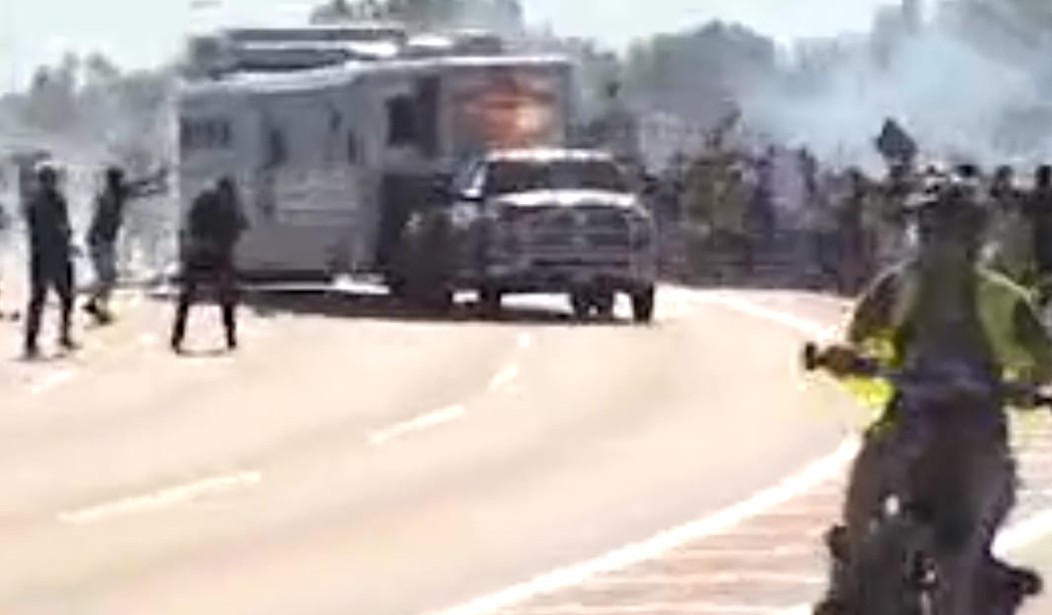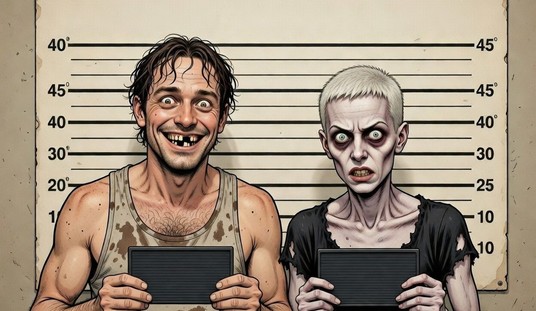Last summer, there were several incidents of drivers caught in the middle of a protest who struck demonstrators with their vehicles while fleeing the scene. There were also a couple of incidents of a driver deliberately driving into a crowd of protesters with intent to injure them.
In Oklahoma, one of those scenarios will still be a crime under a new law that passed the House last night that would grant immunity to drivers who strike protesters while “fleeing from a riot.”
The bill came under fire from legislative Democrats who said the Republican majority was looking to lash out at protesters instead of taking steps to address systemic racism and police misconduct that have spurred widespread Black Lives Matter protests.
Rep. John Waldron, D-Tulsa, called the bill draconian and accused legislative Republicans of intentionally bringing the measure up for the vote around 12:30 a.m., after more than 14 hours of voting on legislation, in order to avoid public scrutiny.
Politically, the bill is a winner. We’ve all sympathized with a driver who had kids in the car and protesters screaming and banging on the car windows. How could the driver know whether these were just ordinary people exercising their free speech rights or rioters out for blood?
The immunity from vehicle assault for striking protesters who may or may not be trying to provoke a violent response is “draconian,” as the Democratic House member says. But why should protesters be protected by the law and not innocent drivers?
Republican Rep. Kevin McDugle introduced the bill, saying he supports the rights of Oklahomans to protest peacefully, but riots are unacceptable. “This bill simply says, ‘please stay to the peaceful protests,’” he said. “Don’t block roads. Don’t impede on the freedoms of others.”
In a heated floor debate, McDugle referenced an incident in Tulsa where a pickup pulling a horse trailer drove through a group of Black Lives Matter protesters demonstrating on a highway. Several protesters were seriously injured, including a man who was paralyzed from the waist down after falling from an overpass.
The driver acted out of fear, McDugle said.
Saying several protesters attacked the pickup in which a man was driving his children, the Tulsa County district attorney did not file charges against the driver.
How are authorities going to determine malice instead of self-defense? It’s one of the vague concepts that makes this bill problematic.
Republican legislators repeatedly emphasized they were trying to protect drivers from riots or violent protests. West praised Black Lives Matter protesters in Oklahoma City for largely demonstrating in a series of peaceful protests over the summer.
“A large part of our duty as legislators is to protect our citizens,” he said. “This is something that gives them protection.”
Forcing police and prosecutors to get into the mind of a driver who felt threatened by a crowd of protesters and determine intent is asking too much of both. The Oklahoma Senate should consider ways to amend this bill to clear up vague language and straighten out ambiguities.










Join the conversation as a VIP Member